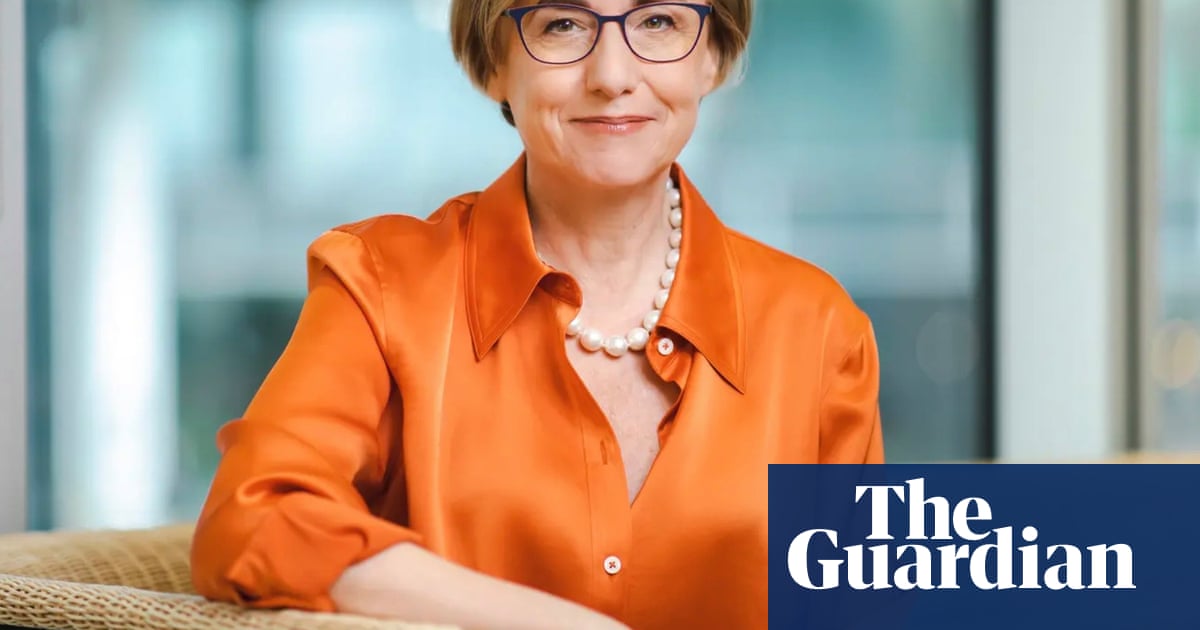Talks to settle a£120m legal claimbetween Vodafone and more than 60 of the mobile phone group’s franchise operators have ended without resolution – leaving the case potentially heading for the high court.
The case was filed in December with the claimants accusingVodafoneof “unjustly enriching” itself by implementing a series of cost-cutting tactics as the UK emerged from initial Covid-19 restrictions in 2020.
The drastic cuts to commission rates paid to franchisees were blamed for the small business owners running up huge personal debts andfearing for their livelihoods or homes, with some reporting suicidal thoughts.
A group of 62 of about 150 Vodafone franchise operators joined the legal claim against the telecoms company.
Vodafone has said it apologises “unreservedly to anyone whose experiences while operating their business has impacted [their health] in this way” and added that “where issues have been raised, we have sought to rectify these and we believe we have treated our franchisees fairly”.
The opposing sides had been engaging in a series of mediation talks, but they failed to come to an agreement.
A spokesperson for the claimants said: “As a group, we entered into the mediation process with the best intentions. We are extremely frustrated that the process failed to resolve this dispute, which would have allowed both parties to move on.
“Our group was formed because Vodafone’s decisions have caused significant and direct harm to the individuals’ businesses and lives. We will now continue our efforts to seek justice through the court process. We remain absolutely committed to securing redress and accountability for everyone affected.”
Margherita Della Valle, the chief executive of the Vodafone group, said that despite the initial talks failing to end the dispute, the company intends to engage in further discussions.
“The commercial dispute is specifically between Vodafone UK and some of our franchisees,” she said, delivering the company’s results for the year to the end of March. “Our first joint attempt at mediation has not resolved the dispute despite our best engagement. We remain open to further discussions as the process continues.”
A spokesperson for Vodafone added: “This is a complex commercial dispute between Vodafone UK and some franchise partners and as we have said from the beginning, we refute the claims.
“We entered into a mediation process in good faith and are disappointed that this first attempt did not result in a resolution. However, we remain open to further discussions.”
Vodafone, whichreported an annual pre-tax loss of €1.5bn(£1.26bn) due to non-cash writedowns at its struggling German and Romanian operations, is in the process of completing a deal to merge its UK operation with its rival Three to create the UK’s biggest mobile phone operator.
She said that the merger will involve job cuts where the two businesses have a duplication of functions and roles, although overall it will create jobs as it embarks on an€11bn upgrade and expansion of its 5G network over the next decade.
Sign up toBusiness Today
Get set for the working day – we'll point you to all the business news and analysis you need every morning
after newsletter promotion
“Across the two companies there will inevitably be some overlaps that will create synergies [job cuts],” she said. “However, overall we expect the merger to create jobs in the UK.
“From a pure headcount perspective the reduction that comes from overlaps between two companies will be more than compensated in [new jobs due to] network build implications. It will be positive in terms of employment.”
Vodafone said that its turnaround plan for its biggest market, Germany, which has lost customers due to a change in pay-TV laws, is nearing its end as the group now plans for “growth acceleration”.
She also said that while thenewly announced UK-EU trade dealwould not impact its operations directly the better cooperation across Europe would only prove beneficial for infrastructure companies.
“Think about telecoms being critical national infrastructure,” she said. “It is important for our companies to have scale and good levels of investment. It is also important given the geopolitical environment that the UK and Europe have good security and resilience in that critical infrastructure.
“In that sense cooperation between the UK and Europe will benefit from increased cooperation.”
